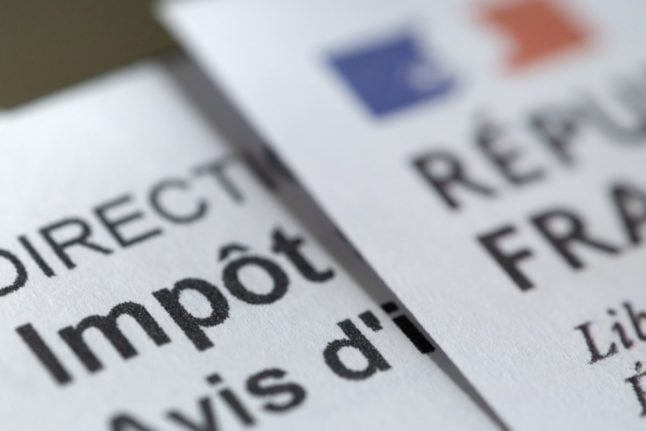People who move to France when they are a little older will often own property in their home country and it’s not especially unusual to people to hang on to an old home – but owning foreign property can tip you into the ‘wealth tax’ category.
You can find a full explanation of exactly how France’s wealth tax works HERE, but the headline figure is €1.3 million.
The wealth tax is essentially a real estate tax, so any property that you own that is worth €1.3 million or more can put you into the category where you will be charged this tax.
When calculating your wealth, salary or other earnings (such as dividends) are not taken into account – neither are investments or other assets such as vehicles, jewellery or art.
What is counted is real estate – buildings and land – that you owned on January 1st of the tax year. This includes houses and apartments, but also properties under construction, land that has not been build upon, parking spaces or garages and any rights that you posses (eg land usage rights) that have value and shares in companies that own property in France.
And if you own a home in an area that has seen a rapid rise in property values in recent years (eg London or New York) it’s not inconceivable that your property may now be worth €1.3 million, putting you into the ‘wealth tax’ bracket.
Are there any exceptions?
As all students of French grammar know, where there is a rule there are also exceptions.
Some of the most important exemptions to the wealth tax limit are;
- Main residence – if a property is your main residence, 30 percent is taken off its value when calculating the wealth tax
- Mortgage – if the the property has a mortgage, then the outstanding amount of the mortgage is deducted from the value
- Businesses – properties that are used for business purposes can be excluded from the wealth tax calculation as can any land or buildings used for agricultural purposes
- Any land that is managed as an active forest can be discounted
- Certain types of charity donations can be subtracted from your total assets
- Discounts can be applied in certain circumstances to properties that have sitting tenants (for this you would need to be registered as a professional landlord)
But does this calculation include properties outside France?
You might have heard of the ‘five year rule’, which is important when it comes to calculating wealth tax.
In brief, if you have been resident in France for less than five years, then only your assets in France are counted towards your total net worth. After you have been resident for five years, your total global wealth is counted – so for example if you have a house in Edinburgh, San Francisco (or anywhere else outside France), that will start to be counted once you have been a resident for five years.
This is why it’s a good idea to get independent financial advice before you have been resident in France for five years, if you think the wealth tax might apply to you.
If you are not resident in France but have assets here – eg second home owners – then only your assets in France are counted towards the wealth tax.
It’s important to note that the ‘five year rule’ does not apply to other types of taxation.
For example, you would need to declare all your global income when making your annual French tax declaration, regardless of how long you have lived here.
The five year rule applies to calculating assets for the wealth tax, and in certain circumstances it also applies to Americans who may be liable to inheritance tax – more on that here.
The tax is progressive and is charged on a sliding scale – you can find full details on how much you will likely have to pay HERE.
This article is intended as an overview of France’s wealth tax – anyone with a complicated financial situation is strongly urged to seek independent financial advice from a professional with knowledge of both the French tax system and the regime in your home country.



 Please whitelist us to continue reading.
Please whitelist us to continue reading.
Member comments